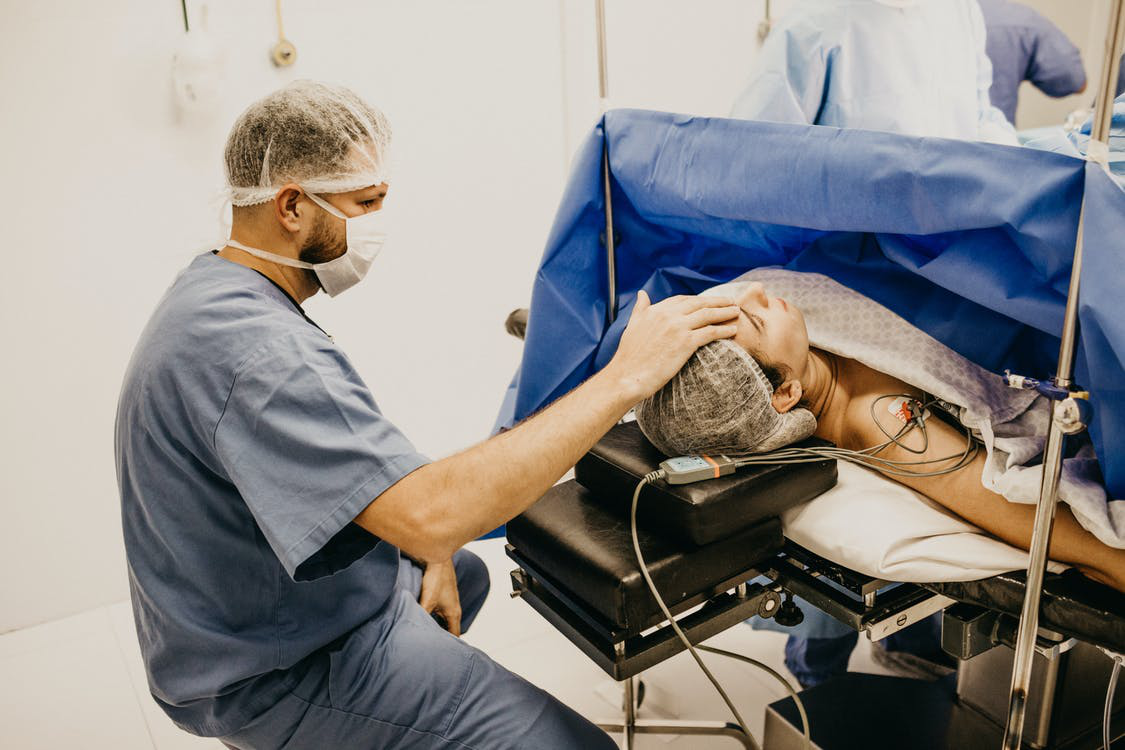Medical malpractice claims can hurt your career as a healthcare professional and can taint your reputation. It’s, therefore, crucial to deal with these cases with utmost care and concern. Make sure to hire the best malpractice lawyers as soon as you’re first served. If you’re working in a hospital, you might hear about the claim from the legal team. If you have your own practice, you’ll have to hire your own lawyer.

You’re Protected by the CMPA
Health professionals are protected by Canadian Medical Professional Association (CMPA). It protects health professionals from medical-legal actions. The organization aims to protect the professional integrity of medical professionals and provides safe medical care in Canada. Physicians provide a fee to the organization in return for their medical liability protection.
The Role of CPSO
Every province in Canada has its own body that sets practice standards for doctors. The body that sets the practice standards in Ontario is known as the College of Physicians and Surgeons Ontario. It’s also responsible for investigating any complaints brought forward and disciplining the doctors accordingly.
When a complaint about malpractice and negligence by a health professional is brought forward, the CPSO launches an investigation. The findings of these investigations can be used in the malpractice lawsuit (if filed by the patient) against the physician for compensation.
A Complaint Dismissed by CPSO can Still be Taken Forward
If the CPSO has dismissed the medical malpractice complaint against you, it can still be taken forward through a civil lawsuit. Complaints to CPSO are different from medical lawsuits. While the CPSO has the authority to discipline a healthcare professional, it can’t order you to pay compensations. Dismissal of complaint against you by the CPSO doesn’t mean you’re in the clear. Your patient can file a civil suit against you claiming compensation.
Only One in Ten Malpractice Cases Makes it to Trial
Most of the malpractice claims don’t make it to trial. About 35 to 40 percent of these legal actions will result in settlement. CMPA tries to settle most of the cases that have the potential of winning. From the data collected between 2013 and 2017, about 55.2 percent of the cases that made it to trial were discontinued, 36.7 percent cases were settled, 6.5 percent cases had a result in favor of doctors, and only 1.6 percent were won by patients.
Not Every Mistake is Negligence
Medical professionals, especially doctors, have to make quick decisions often with very little information. A mistake made under such circumstances is not always negligence. If the decision taken by the doctor is the same as other doctors would take under a similar situation, this won’t be considered negligence. Therefore, for patients to prove that their doctor was negligent, they’ve to prove that they didn’t act the same way as other doctors would under the same situation.
![A woman in surgery in hospital]() Medical Negligence Lawsuit
Medical Negligence Lawsuit
For your patients to file a medical negligence lawsuit against you, they need to be able to prove two things:
- You provided care that was below the standard of care that was reasonably expected of professionals under the same circumstances.
- Your failure to meet the standard of care resulted in their injuries or damages.
Compensation for Delay in Diagnoses
Your patient can file for medical malpractice due to a delay in diagnosis. A claim for compensation for any such negligence can only be file under two conditions:
- If the doctor took more time than any other reasonable doctor in the same situation.
- If the delay caused an injury or damage.
The doctor will be liable for negligence due to delay in diagnoses only when both these conditions are true.
Delegating Work
If the doctor delegates their work to someone else, they might still be legally responsible for negligence. There are a lot of factors that come into play when considering such a situation. A person acting in place of the doctor should be able to provide the same standard of care as the doctor.
Time Limit for Compliant and Filing a Malpractice Lawsuit
A malpractice claim needs to be filed within two years of when a reasonable person realizes the injuries or negligence of their healthcare professional. All claims are limited by the Ultimate limitation period. This means no claims can be brought forward for acts that were committed more than 15 years ago. Although there’s a limit to filing a malpractice lawsuit, there’s no time limit in most of the provinces to bring forward a complaint.
![A team of healthcare professionals standing together]() Hiring Lawyers
Hiring Lawyers
Hiring experienced lawyers to fight your case is very important. Although the chances of your suit making to trial is very low as only 1 out of 10 lawsuits make it to trial, it’s very important to have the right legal help to guide you through the process. Dealing with malpractice lawsuits requires a lot of experience and expertise. Make sure the lawyers you hire have the right skills to help you with your case.
If you’re looking for such legal professionals, contact Nanda and Associate Lawyers Professional Corporation. We have a team of experienced lawyers that work on complicated medical cases. We’re also some of the best Canadian Immigration Lawyers to help you through the immigration process and make your dreams to live, work and study in Canada come true.
For any legal trouble, book a free consultation right away!



 Medical Negligence Lawsuit
Medical Negligence Lawsuit Hiring Lawyers
Hiring Lawyers

